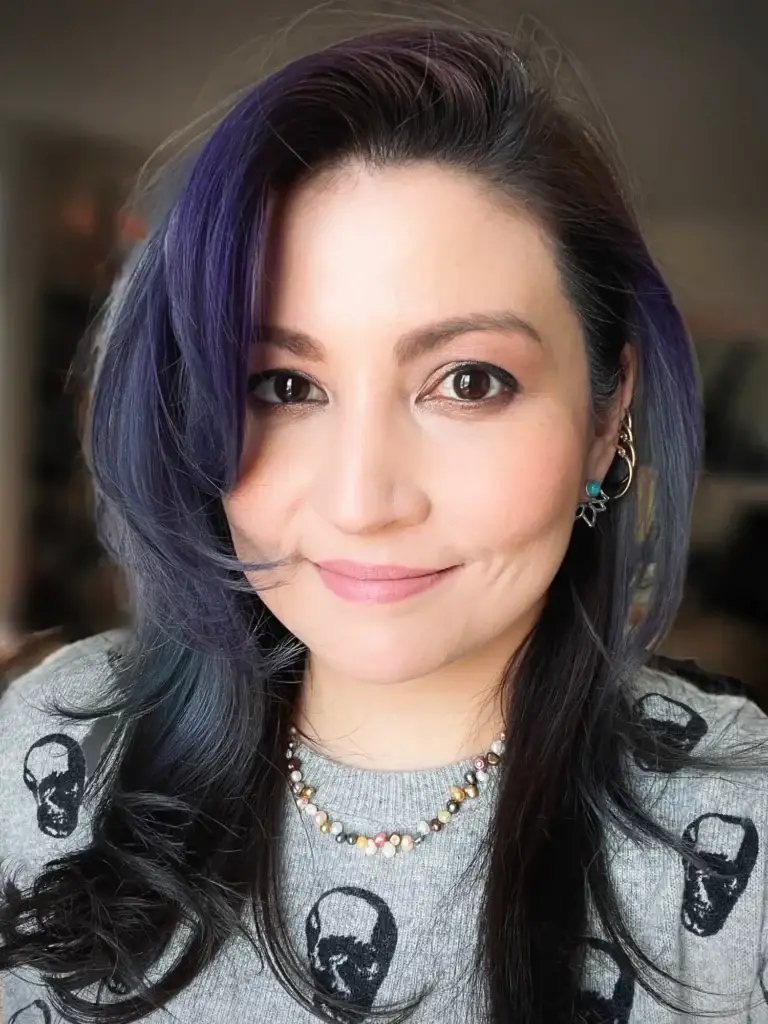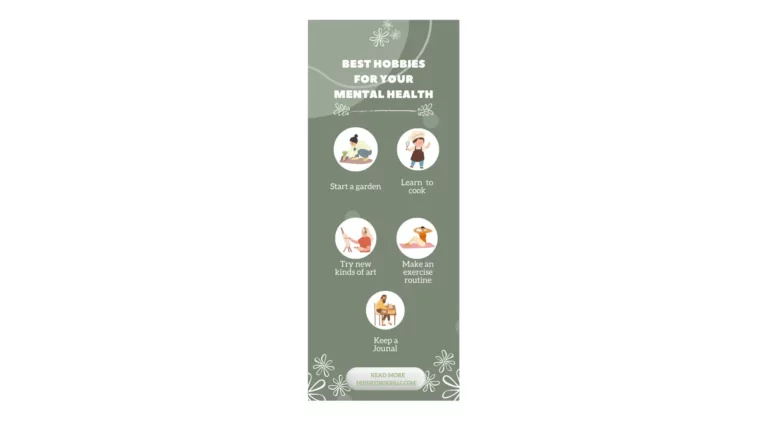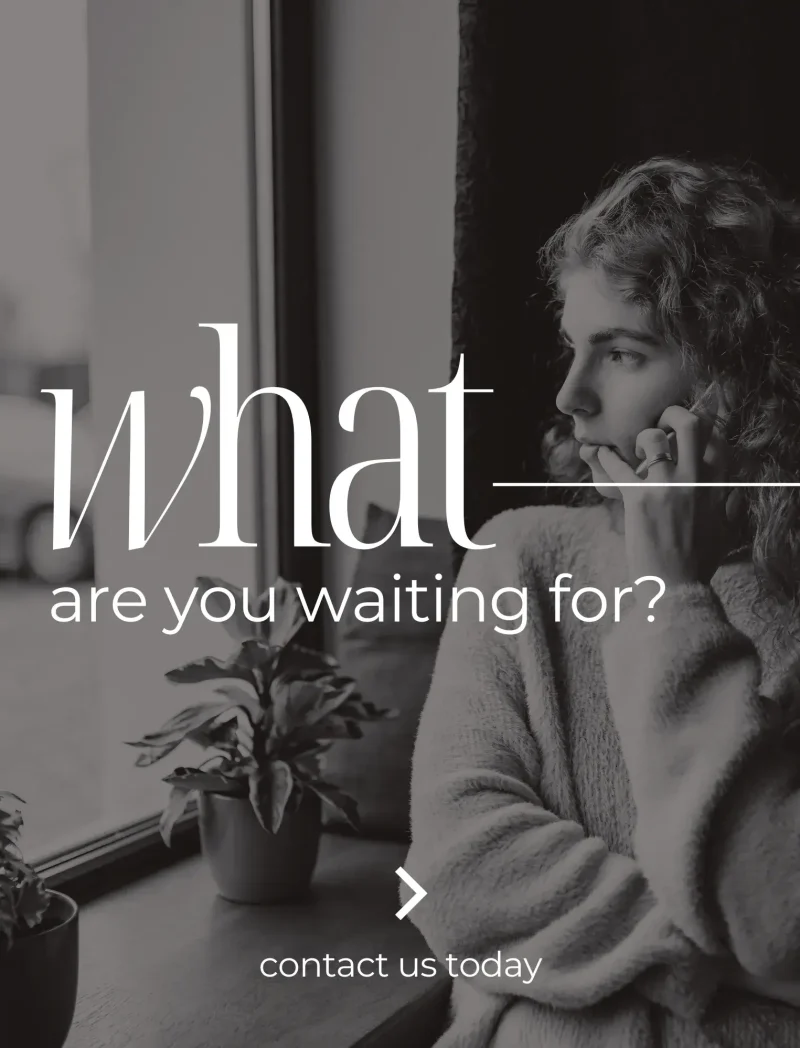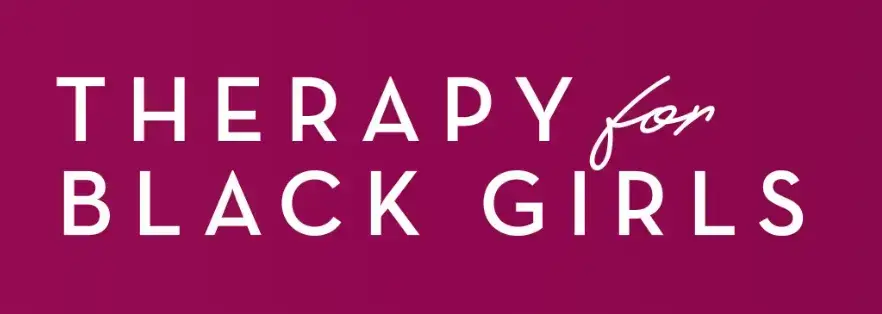Can a Hobby Improve Mental Health?
5 Therapeutic Hobbies Recommended by Therapists
Having a hobby can improve mental health by giving us a sense of purpose, passion and peace. There are a lot of reasons why someone might want to start a new hobby between mental health and physical wellness and there are some hobbies that we suggest trying out for improved mental health
Choosing the Right Hobby for your Mental Health
Mental Health Hobby #1: Gardening
The challenge in gardening is a big part of why people love it. It is believed that gardening decreases anxiety and depression while increasing self-confidence. When gardening you participate in low to moderate intensity physical activity, when shoveling or weeding, and it may not feel like a lot, but if you garden every day the time adds up. Even if the physical activity isn’t vigorous, gardening gets people up and moving consistently in an effort to nurture.
Additionally, gardening with others in a community, or in your neighborhood can foster new social connections. If you are able to find a group to garden with, you may find a sense of belonging and common difficulties in learning how to do something new. Being outdoors is also proven to reduce stress, so spending lots of time outside with others is one way to accomplish this.
Mental Health Hobby #2: Cooking
Cooking is an activity that can feel intimidating or too much after a long day, but it does wonders for your mental health.
Similar to gardening, cooking can be a great hobby to increase social connections. Whether you cook with friends, or you cook for them and eat it together, no one turns down some good food! When you are cooking for yourself and others you can also boost self-confidence. Being a part of or making something that you and others can enjoy is a great feeling.
Finally, cooking can help you set a routine in your day-to-day life. When things get stressful, routine can be a detail in our lives that keeps us on the rails, and cooking is a perfect activity to engage in daily. The best part is, if you ever get bored, cooking is a great way to express creativity as you can change or improve parts of your recipes any time you feel like it.
Mental Health Hobby #3: Expressive Art
Art therapy is a popular strategy used to treat various mental health conditions such as anxiety and depression, but outside of this, art can be a therapeutic hobby you can practice from home. Experiences that are difficult to put into words can be translated into art and help you work through challenging emotions.
When you begin expressing your emotions through art, it can be easier to regain a sense of control and calmness in your life. When things are getting stressful, being able to channel extra energy into a creative outlet allows for poise and self-confidence. All of your focus is on the art when you’re working on it, offering you a break from everything else going on in your life, including screen time. When you “zone-in” on an activity like this, it can be relaxing to let other stressors go for an allotted period of time.
Mental Health Hobby #4: Movement & Exercise Routine
It may not always be easy to get up in the morning or at the end of a long day to exercise, but aside from improving your physical well-being, exercise has an enormous effect on your mental health. Some of the most noticeable improvements of exercise are being energized during the day and being able to sleep better at night. It can also help you feel more positive about yourself when you are accomplishing something difficult.
Exercise naturally reduces tension and stress through the release of endorphins. If you are actively paying attention to your exercise as well, you can open yourself up to positive mindfulness practices. This helps not only improve your physical condition, but stops negative thoughts from taking over your mind.
The best part about this hobby is you don’t need to push yourself too hard or too long in order to reap the benefits. Even if you don’t have time to go on a walk for 30 minutes, going on a walk for ten minutes is still better than not going on a walk at all, and working in a little exercise in your daily routine will help you feel better consistently in the long run. Find a way to fit it in, your mind and body will be grateful!
Mental Health Hobby #5: Keep a Journal
Journaling consistently is one of the best ways to stay in tune with yourself and your emotional health. While journaling can’t solve all of your mental health concerns, making time for it every day can be a big help. Journaling doesn’t have to be hard or formal, it can be as simple as writing down a few sentences each day about how you’re feeling. When you write every day, it may be easier to understand your emotions, and recognize how you can change daily routines to your benefit.
Because your journal is only being regulated and evaluated by yourself, don’t limit it. Allow your creativity to come out by drawing, making mistakes, and expressing your feelings as accurately as you can or want to. Your journal can be as orderly or chaotic as you choose, but make sure you’re practicing how you want it to, otherwise it could begin to feel less of a relaxing hobby for your mental health and more of a chore. Looking forward to your journaling time will make it that much more beneficial, knowing that you’re going out of your way to take care of your mind.
Which Hobby will you try?
There are endless hobbies out there and you never know which type of hobby will work the best for you. Learning or taking on something new can lead to personal, social, creative, and emotional growth you never saw coming. Everyone knows that spending your free time doing things you enjoy is good for you, but the additional mental health benefits hobbies have to offer are endless.
Speak to a professional at Mind By Design to discover what types of treatments and hobbies will best suit your mental health needs.
Ready to Start Therapy?

Frequently Asked Questions
About Online Therapy at Mind by Design Counseling
How do I get started as a new client?
New Clients can reach out to us directly via call, text or email here:
What is your cancellation policy?
We ask that clients provide at least 24 hours notice in the event that they need to cancel to avoid the 50% cancellation fee. we understand that life happens and do our best to be flexible & reschedule.
Does my insurance cover my visits?
We provide”Courtesy Billing” for clients who are using the Out-of-network insurance benefits.
Our Insurance Page shares a small blurb about Why We Left Insurance Panels
Do you offer traditional talk therapy?
of course! though we have some unconventional therapy approaches, we are rooted in evidenced based practices. Talk therapy is a major player in the therapy room! See What we Treat and Integrative Services for more information
Is Online Therapy As Effective As In-Person Therapy?
Online therapy is essentially face-to-face counseling, just conducted remotely. Studies show that teletherapy is as effective as traditional counseling. Professional organizations and state governments recognize its benefits and have set regulations for it. However, like any therapy, its success in achieving your goals isn’t guaranteed. It’s important to discuss with your therapist whether teletherapy is working for you.
Can I Change Therapists If I'm Not Happy?
Yes, you can switch therapists to another provider within the practice, or we can provide you a referral if preferred. We want to ensure that your time and effort are well spent, and that you are getting the relief you need, that’s why we work collaboratively with each other in the practice, as well as outside therapists who we know and trust.
How Do I Know If Therapy Is Helping?
You should feel like you’re making progress. Signs it’s working include:
Feeling comfortable talking to your therapist
Your therapist respects boundaries
You’re moving towards your goals
You feel listened to
You’re doing better in life
Your self-esteem is getting better
Is Online Therapy Easy to Use for Non-Tech-Savvy People?
Yes, it’s pretty simple to access sessions. You’ll need basic internet skills, such as opening and visiting the patient link sent to you via email. It’s similar to video chatting like Facetime or Zoom. We can also walk you through it on the phone the first time to ensure a strong connection
What Questions Should I Ask My New Therapist?
Feel free to ask anything. Some good questions are:
- How often will we meet?
- What do you specialize in?
- What experience do you have with my issue?
- What outcomes can I expect?
- How will I know I’m progressing?
- How long do you usually work with clients?
- How will we set my treatment goals?
How Should I Prepare for My First Session?
Showing up is all that you need to do! But if you really want to get the most out of session, it could help to take some time to think about what you want from therapy. It helps to write down your goals, questions you have or things that you feel are important to share.
What is the difference between associate therapists & fully licensed therapists?
Our Qualifications:
Our founder, Rebecca Sidoti, is a highly qualified, state-licensed therapist and supervisor with extensive training in anxiety related disorders and innovative treatment such as Ketamine Therapy. Mind by Design Counseling adheres to standards set by the our governing counseling boards.
To see each providers credentials, training and licenses, visit our “Meet the Therapists” Page to learn more.
- LAC/LSW are therapists who may practice clinical work under the supervision of a fully licensed therapist.
- LPC/LCSW are therapists who have completed the necessary clinical hours post-graduation under supervision and can practice clinical work independently.
What Geographic Areas Are Served?
Currently, we serve clients in New Jersey and are expanding to other states as telehealth laws evolve. While telehealth offers the convenience of attending sessions from anywhere, state laws require clients to be in-state during their session.
Is Virtual Counseling Suitable for Everyone?
Online therapy might not be as effective for individuals with chronic suicidal thoughts, severe trauma, significant mental health history, or those recently in intensive care. Such cases often benefit more from traditional, in-person counseling. We’ll help you decide if our online services are right for you during your intake and evaluation.
What Equipment is Needed for Online Therapy?
To join a session, log in using the credentials we provide. No downloads are needed. Our platform, compatible with both individual and group sessions, requires:
A computer or mobile device with a webcam and internet access.
We’ll help you test your setup before your first appointment to ensure a reliable connection. iOS users should use the Safari browser for mobile and tablet sessions.
What Questions Will Therapists Ask Me?
It depends on your goals. Expect questions about your thoughts, feelings, relationships, work, school, and health. They’ll ask to understand your therapy goals.
How Do You Keep Client Information Secure?
Security and Confidentiality of Sessions:
Your privacy is crucial to us. We use TherapyNotes, a HIPAA-compliant platform, ensuring secure and confidential teletherapy sessions. This platform’s security features include encrypted video connections, secure data transfers, and encrypted databases, ensuring your information is safe at all times.
What is VRT used for?
we use VRT to support Exposure Therapy, a long standing traditional therapy modality to treat phobias, anxiety and stress. we send a headset directly to your home so you can access VRT from anywhere.
VRT not only helps with exposure therapy for phobias, but is great for ADHD, mindfulness, PTSD and social anxiety.














